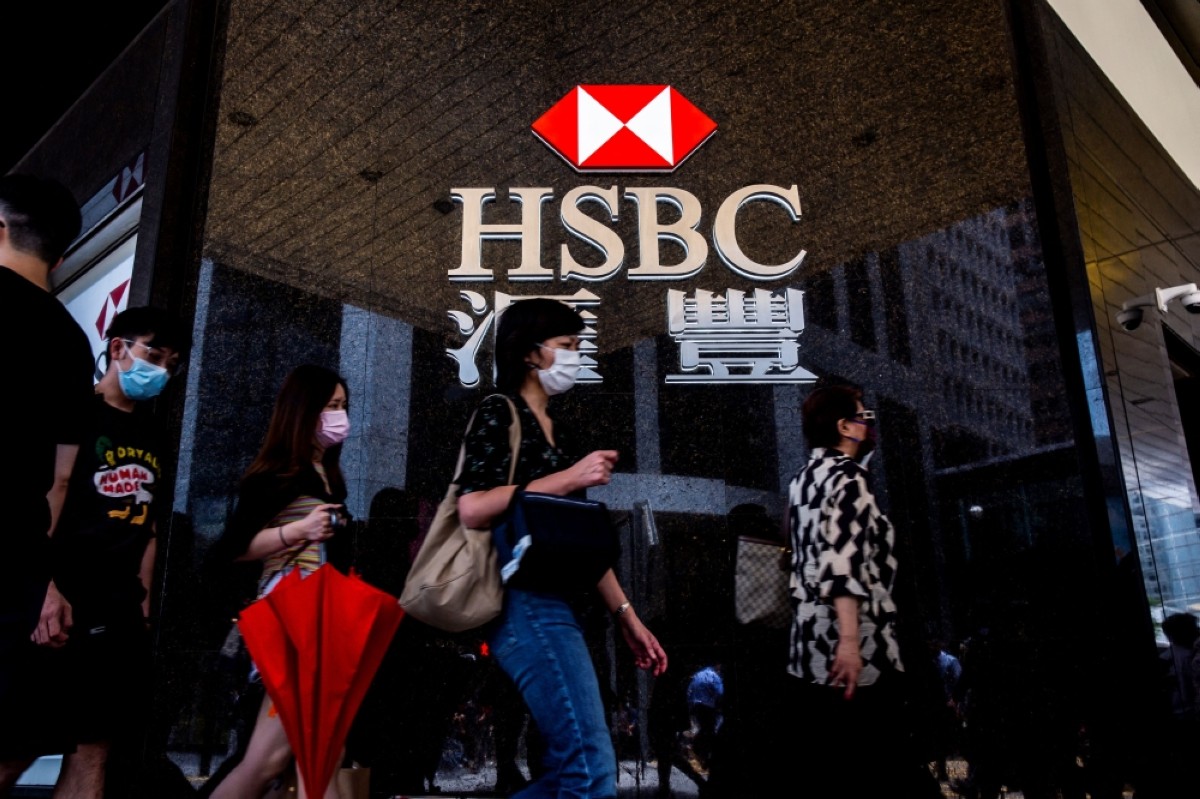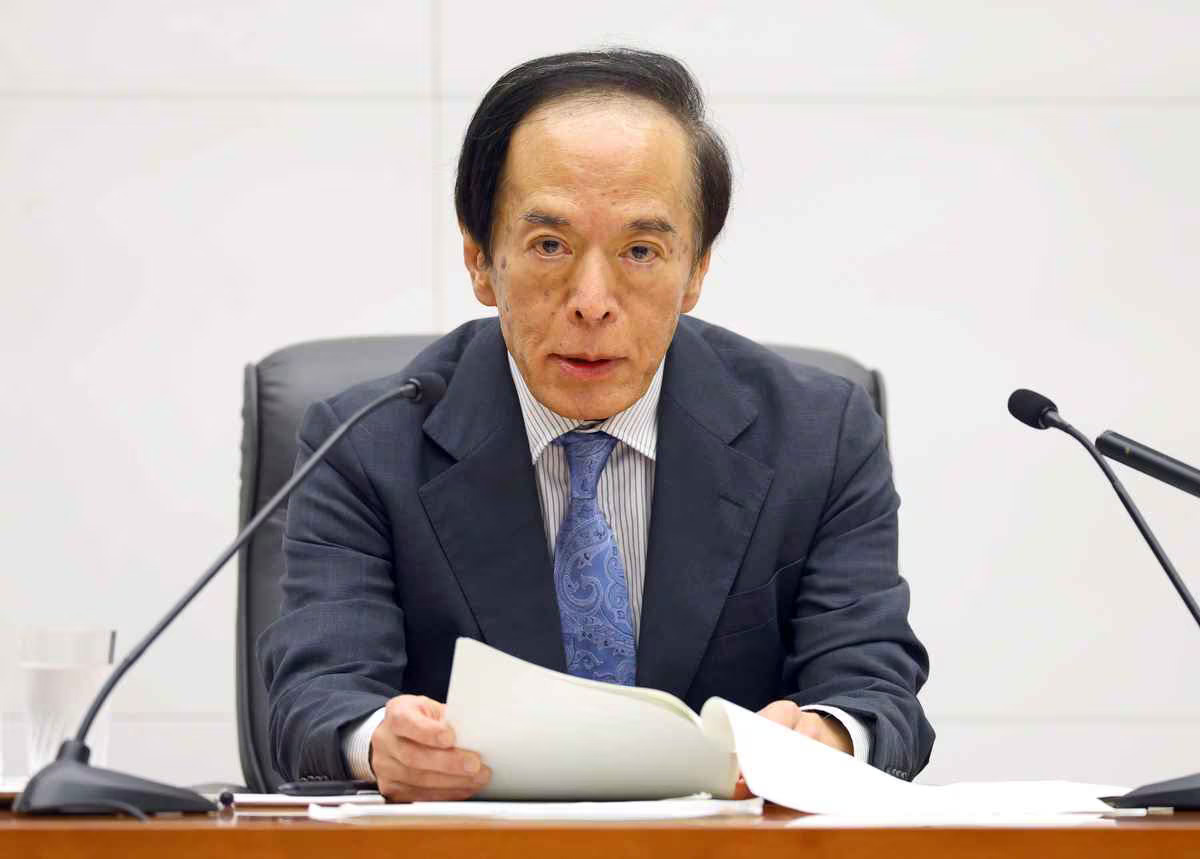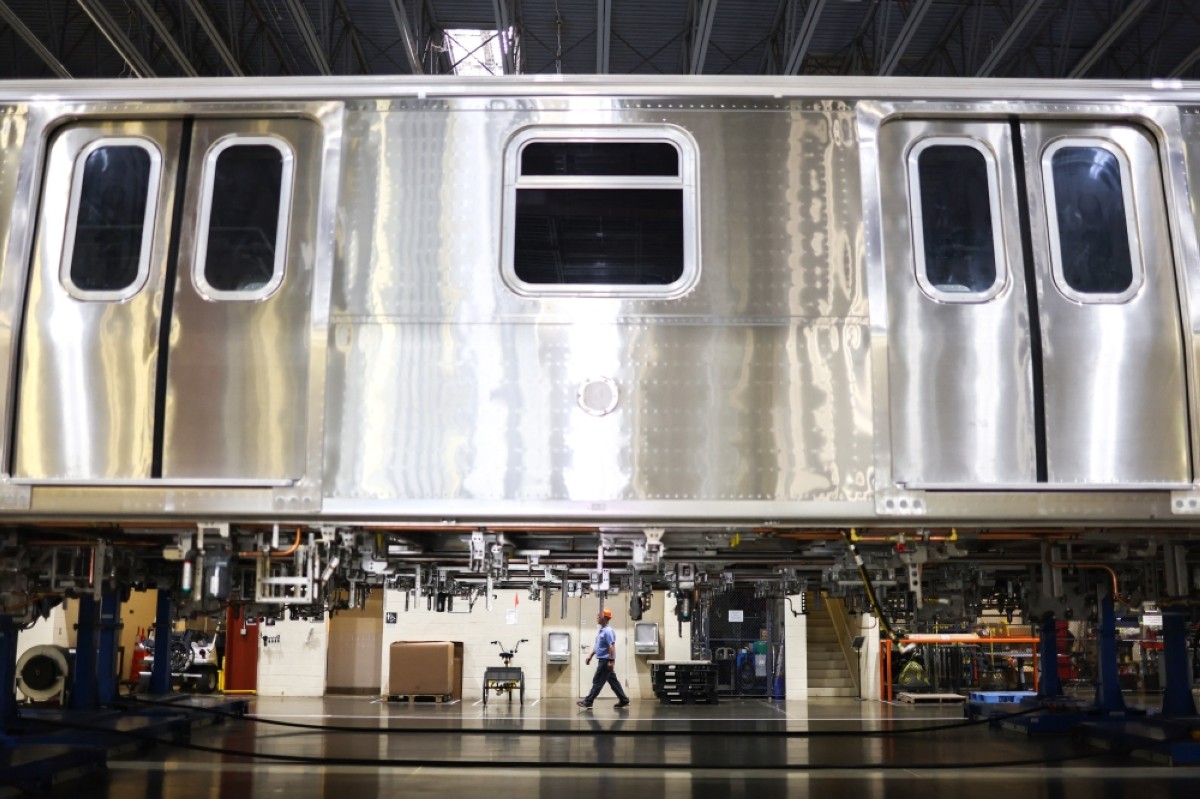Britain delays post-Brexit border checks until 2024
LONDON: The British government said Tuesday it will delay introducing post-Brexit border controls on food and fresh produce from the European Union, postponing the start date to January 2024.
 NORWICH, UK: Britain’s Prime Minister Rishi Sunak and Jennie Daly (left), Taylor Wimpey chief executive officer, meet residents during a visit to the Taylor Wimpey Heather Gardens housing development in Norwich on August 29, 2023. – AFP.
NORWICH, UK: Britain’s Prime Minister Rishi Sunak and Jennie Daly (left), Taylor Wimpey chief executive officer, meet residents during a visit to the Taylor Wimpey Heather Gardens housing development in Norwich on August 29, 2023. – AFP.
The UK had delayed implementing the checks several times since leaving the EU’s customs union and single market in January 2021, but British exports have faced controls for products heading in the opposite direction. The UK was planning to finally roll out its new import controls in phases over 12 months from October 31 this year.
“Having listened to the views of industry, the government has agreed to a delay of three months for the introduction of remaining sanitary and phytosanitary controls, as well as full customs controls for non-qualifying Northern Ireland goods,” the government said. It added that further controls for EU imports will also have a revised timetable “to give stakeholders additional time to prepare for the new checks”. This includes physical checks and safety declarations, which will be introduced in stages throughout 2024.
The Financial Times reported last week that the UK’s finance minister Jeremy Hunt backed another delay to the border checks amid fears it would push up food prices during a cost-of-living crisis. UK inflation, currently running at 6.8 percent, is the highest among G7 nations. The UK left the European Union on January 31, 2020, after a referendum in favor of Brexit in 2016. British exporters say EU controls have caused long delays at Channel ports, extra bureaucracy and cost, putting them at a commercial disadvantage with importers from the bloc. Opponents say Brexit has erected barriers to trade with the UK’s biggest overseas market for goods and services, pushing up the price of food and cutting exports.
Meanwhile, the British government on Tuesday said it would ease EU-era water pollution restrictions to boost housebuilding, triggering outrage from environmental campaigners. The so-called “nutrient neutrality” rules in place were designed to ensure a new development does not add harmful nutrients to nearby waterways. “Over 100,000 homes held up due to defective EU laws will be unblocked between now and 2030, delivering an estimated £18 billion boost to the economy,” the government said. It added that nutrients entering rivers “are a real problem”, but the contribution made by new homes is “very small”.
Britain, which withdrew from the European Union at the end of January in 2020, also said it would double investment in its nutrient mitigation scheme to £280 million “to offset the very small amount of additional nutrient discharge” from the construction of the new homes. “I want to see more homes built,” Prime Minister Rishi Sunak said on X, formerly Twitter. “But sometimes hangover EU laws get in the way. It’s not right,” he added. The changes, proposed in an amendment to a bill currently going through the upper chamber of parliament, come at a time of of increasing demand for houses but declining supply.
The Home Builders Federation warned earlier this year that housebuilding in the UK could fall to its lowest level since World War II, blaming an over-strict enforcement of EU environmental regulations. The government’s move angered green campaigners. “Who would look at our sickly, sewage-infested rivers and conclude that what they need is weaker pollution rules?
No one, and that should include our government,” said Doug Parr, policy director at Greenpeace UK. Craig Bennett, chief executive of The Wildlife Trusts, said it was a “disgraceful move which undermines public trust in the government”. “The government has made repeated pledges that they won’t weaken environmental standards and committed just eight months ago to halve nutrient pollution by the end of the decade,” he said. “This is another broken promise and makes clear that the prime minister would rather look after the interests of developers than the environment—money talks,” Bennett added. –AFP.











